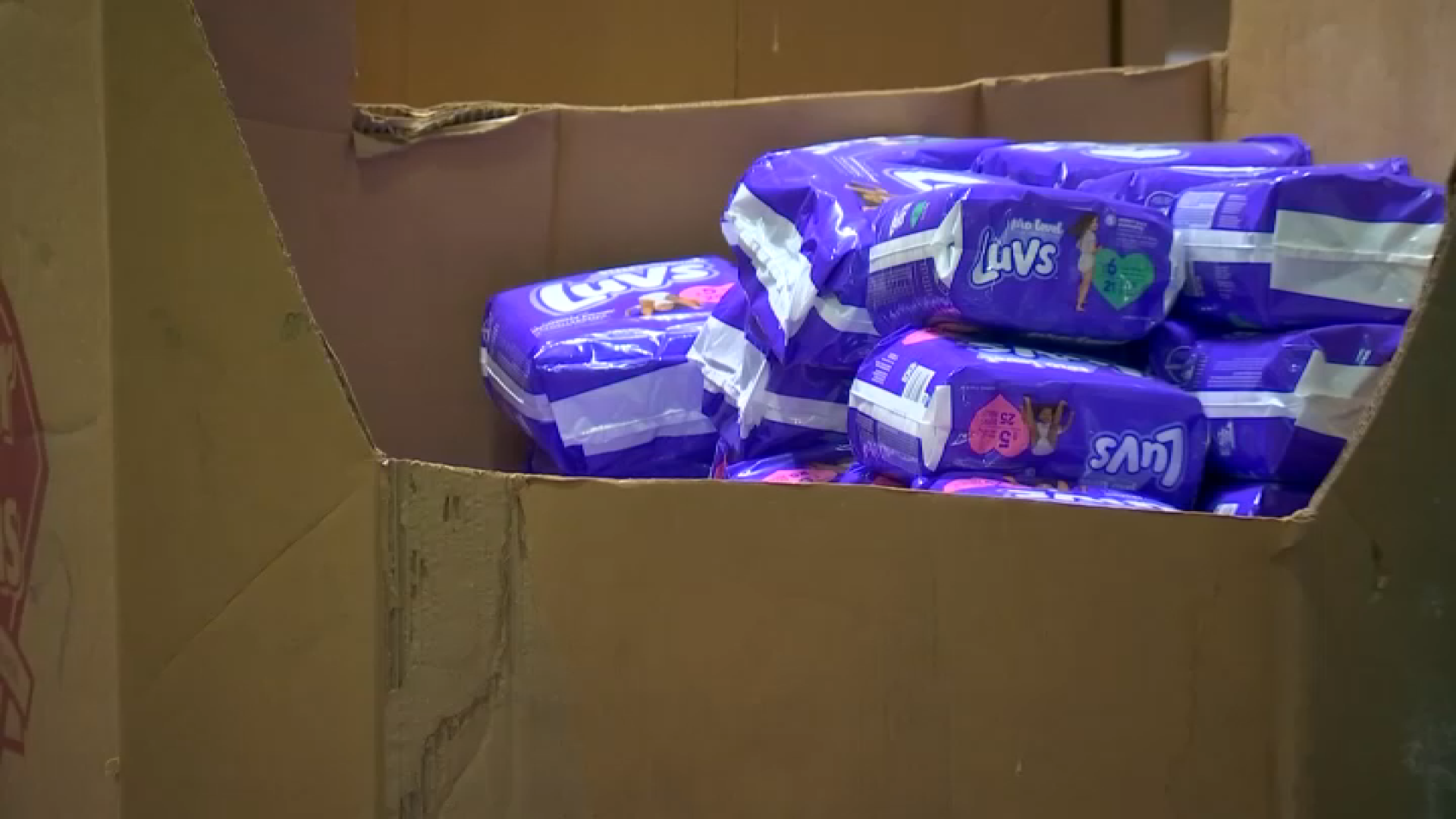A national pharmacy chain issued a new directive to its employees when it comes to the sale of homeopathic medicine, policy changes that resulted from an NBC4 I-Team consumer investigation.
Link: FDA Homeopathic Product Regulations
A spokesman for CVS confirmed the policy changes, outlined in an email to CVS employees, regarding CVS Constipation Relief. The policy includes declining sale of more than one bottle, which lists 20 percent alcohol as an inactive ingredient, to anyone who appears under the age of 21.
Watch the NBC4 News at 5 p.m. for the full report.
In an I-Team report broadcast last month, the teenage daughter of an NBC4 producer was recorded on video buying a bottle of the laxative, no questions asked.
Science blogger Yvette d'Entremont, an analytical chemist, conducted an unusual experiment to demonstrate the potential impact of the laxative. Known as the "Sci-Babe" on YouTube, d'Entremont recorded herself opening and drinking six bottles of the laxative -- each has 1 fluid ounce of liquid.
She rinsed her mouth with a Diet Coke, waited a half-hour and gave herself a breath test that showed she was well above the legal limit. But she said there was "no laxative effect whatsoever."
News
Top news of the day
"It's really just alcohol and water," d'Entremont said.
After the NBC4 report was broadcast Oct. 27, the I-Team received an email from a person who claimed to be a CVS cashier. The employee wrote that stores received an email stating that "we are to monitor the sale of their constipation relief. This includes declining the sale of more than one bottle to anyone who seems suspicious or the sale of more than one bottle to someone who appears under the age of 21."
The I-Team sent a copy of the email was sent to CVS. A spokesman for the chain confirmed the directive issued to cashiers, changing the sales policy for the laxative, responding: "This is correct."
In an email sent to the I-Team last month, the pharmacy chain responded: "Homeopathic products are regulated by the FDA. The alcohol content in this type of product is not unusual and our products should only be used as directed."
The FDA limits alcohol in regular, orally ingested, over-the-counter drugs to 10 percent or less. But the government has exempted homeopathic product from that rule after supporters argued that the standards for making those medicines are different.
Blogger d'Entremont described the CVS directive as a good start.
"Unless consumers voice their opinions on this, we're not going to see bad products like this pulled," she said.
The FDA sent the I-Team the agency's rules on homeopathic medicines: As a general rule, over-the-counter (OTC) drug products are regulated under the OTC Monograph Process or through the new drug approval process with submission and approval of a new drug application (NDA). In contrast to the OTC Monograph or NDA processes, OTC drug products labeled as homeopathic are manufactured and distributed without FDA approval under the enforcement policies set forth in the FDA's CPG 400.400 entitled "Conditions Under Which Homeopathic Drugs May be Marketed" (the Homeopathic CPG). The Homeopathic CPG includes conditions specific to ingredients, labeling, prescription status, and current good manufacturing practice.
Drug products labeled as homeopathic must meet the standards for strength, quality, and purity set forth in the Homeopathic Pharmacopeia of the United States (HPUS). In addition to federal quality standards, the HPUS manufacturing standards are referenced in the General Pharmacy and Good Manufacturing Practices sections of the HPUS, and as specified in their respective monographs. For orally ingested homeopathic drug products, the HPUS specifies the finished product alcohol percentage for the liquid preparation of the official homeopathic tincture of the drug.
Orally ingested drug products labeled as homeopathic are temporarily exempted from the maximum concentration limits for alcohol as an inactive ingredient in OTC drug products intended for oral ingestion. See 21 CFR § 328.10 and 60 Fed. Reg. 13595 (March 13, 1995). The exemption was added as a result of comments stating that the limits on alcohol were inconsistent with standards in the HPUS and standard methods of making homeopathic drugs.
Whenever using any OTC medicine, reading the drug product's labeling for usage and safety information is important. The label tells you what the medicine is supposed to do, who should or shouldn't take it, and how to use it.
The FDA encourages health care professionals and consumers to report any adverse reactions related to OTC products labeled as homeopathic to the agency's MedWatch Safety Information and Adverse Event Reporting Program:
• Complete and submit the report online at MedWatch Online Voluntary Reporting Form; or
• Download and complete the form, then submit it via fax at 1-800-FDA-0178.
For more information on the FDA's regulatory policies related to drugs labeled as homeopathic, see its Compliance Policy Guide titled "Conditions Under Which Homeopathic Drugs May be Marketed."



